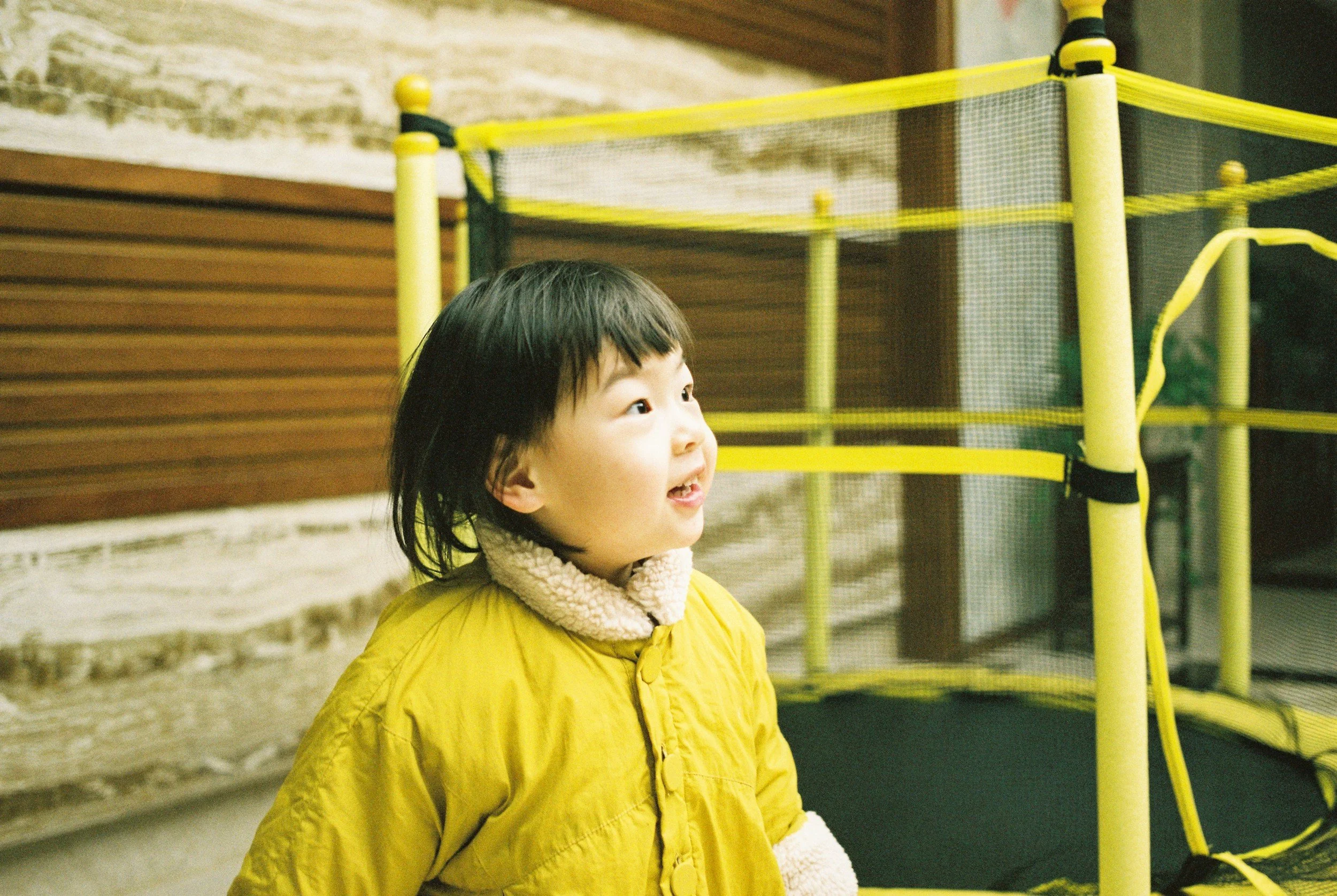
Pediatric Speech Therapy
personalized therapy to help children find their voice and grow their communication skills.

Our Services
Evaluations
At Wicked Clear Speech Therapy, every journey begins with a thorough evaluation. This process helps us understand your child’s unique strengths, challenges, and communication needs. Parents may seek an evaluation because they’ve noticed delays or difficulties, or because a doctor, teacher, or caregiver has suggested an assessment.
During the evaluation, we use observation, play-based activities, standardized assessments, and family interviews to build a complete picture of how your child communicates.
Treatment
Following the evaluation, we create an individualized therapy plan designed around your child’s goals, learning style, and interests. Therapy is engaging, play-based, and evidence-driven — we believe children learn best when they feel supported, motivated, and celebrated. We also partner closely with families, caregivers, and teachers so skills practiced in therapy carry over into everyday life.

Reasons Parents seek an evaluation with Wicked Clear Speech therapy
-
Speech Sound & Motor Speech Disorders
- Articulation difficulties
- Phonological Disorders
- Childhood apraxia of speech
-
Social Communication
- Pragmatic/social communication differences (conversation skills, turn-taking, understanding social cues)
- Autism spectrum disorder–related communication challenges
- Selective mutism or anxiety-related communication difficulties
-
Fluency & Voice
- Stuttering / fluency concerns (repetitions, blocks, prolongations)
- Voice disorders (hoarseness, strain, inappropriate pitch/volume)
- Resonance disorders (hyper-nasality, hypo-nasality
-
Language Development & Delays
- Late talkers / slow vocabulary growth
- Receptive language difficulties (understanding directions, questions, concepts)
- Expressive language difficulties (putting words together, sentence structure)
-
Pre- or Non-Verbal
- Use of Augmentative and Alternative Communication (AAC)
- Low-tech systems (pictures, sign language)
- High-tech devices (speech-generating devices)
-
Additional Areas
- Communication difficulties related to hearing loss
- Auditory processing disorder
- Feeding and swallowing difficulties



